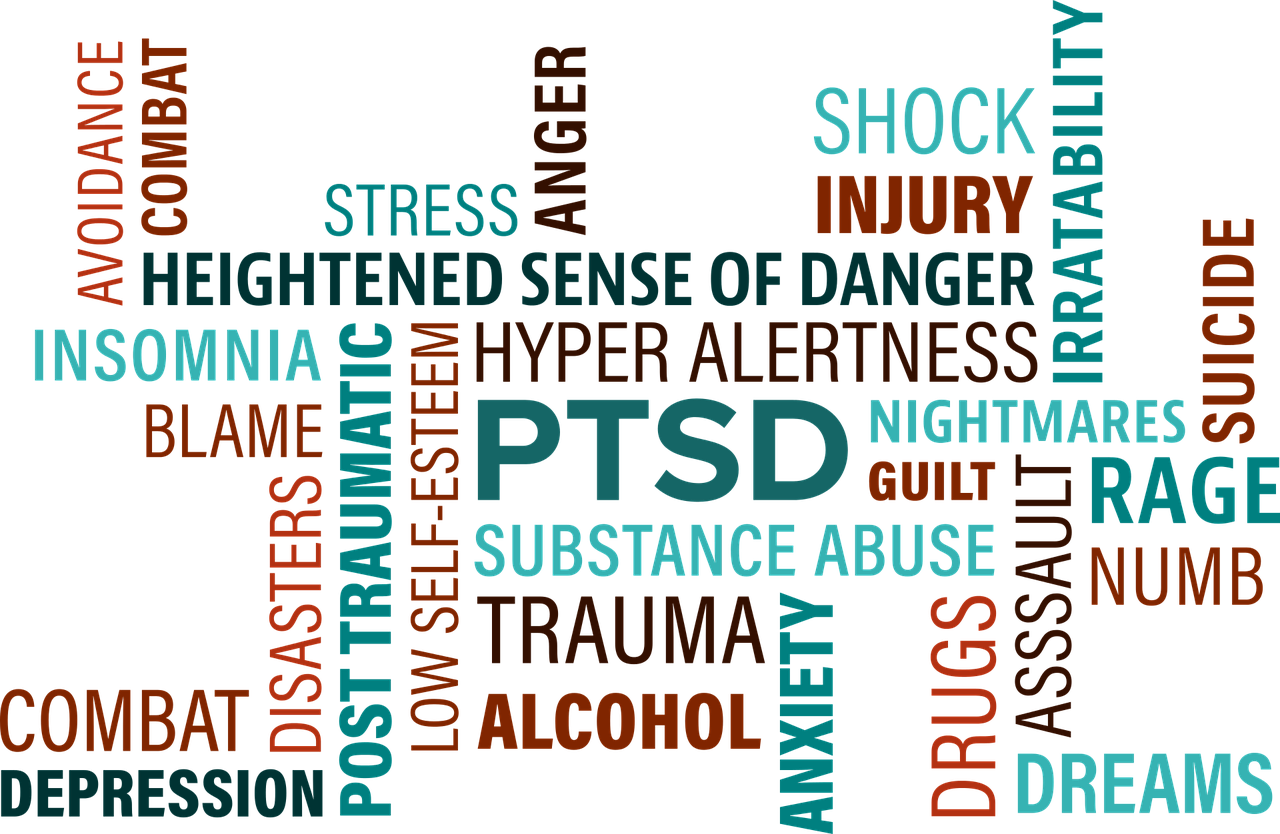
PTSD occurs when someone experiences a severe trauma or a life-threatening event, whether during a time of war or in a noncombat situation, such as natural disasters, terrorist attacks, serious accidents or violent personal assaults such as rape.
According to maketheconnection.net, during the event, you may have felt as if your life or the lives of others around you were in danger or that you had no control over what is happening. As a soldier, you might have witnessed people getting injured or dying, or may have experienced physical harm yourself. This serious condition can have a significant impact on one’s day to day life.
PTSD can manifest in many ways such as nightmares, flashbacks, difficulty sleeping, and feeling emotionally numb, feeling angry or irritable or being afraid of loud noises. In recent years, America has seen an alarmingly high suicide rate for military vets who have PTSD.
Veterans returning from war, often find themselves in a surreal alternative reality to the war-torn combat environment they have returned from. They often struggle to integrate back into the society they left behind – and family and friends find it challenging to truly understand the horrific experiences they have had or the images and nightmares that now plague them, upon returning home.
Many soldiers struggle to reintegrate back into society & do not seek adequate treatment – they often consider suicide. In early 2013, the VA released a statistic that on average, 22 veterans commit suicide every day and this alarming number appears to be growing. The “22 Pushup Challenge”, which started in 2013, gained momentum in 2016, as people around the world, including celebrities, such as Dwayne ‘The Rock’ Johnson, took to social media to promote awareness for veteran suicide, prevention and to honor military service veterans and members.
Counseling and medication are the standard recommendations for PTSD, but what is most often helpful is for soldiers to seek support through their fellow servicemen and trained counselors or mentors, who have also fought in combat situations and have experienced similar traumas.
In Gordon Clarke’s new documentary “Unknown Distance,” we follow marine sniper, Sergeant Douglas Brown, who takes us on an emotional eight-month journey across America. Brown and his fellow servicemen recount the horrors they experienced in Afghanistan. The film focuses on the post-war effects of PTSD and how difficult it is for these soldiers to “fit back into a society that supported them when they enlisted, but became ambivalent when they returned home.”
Check out: www.uknowndistancethefilm.com
Subscribe to plan to start chatting
Subscribe Now